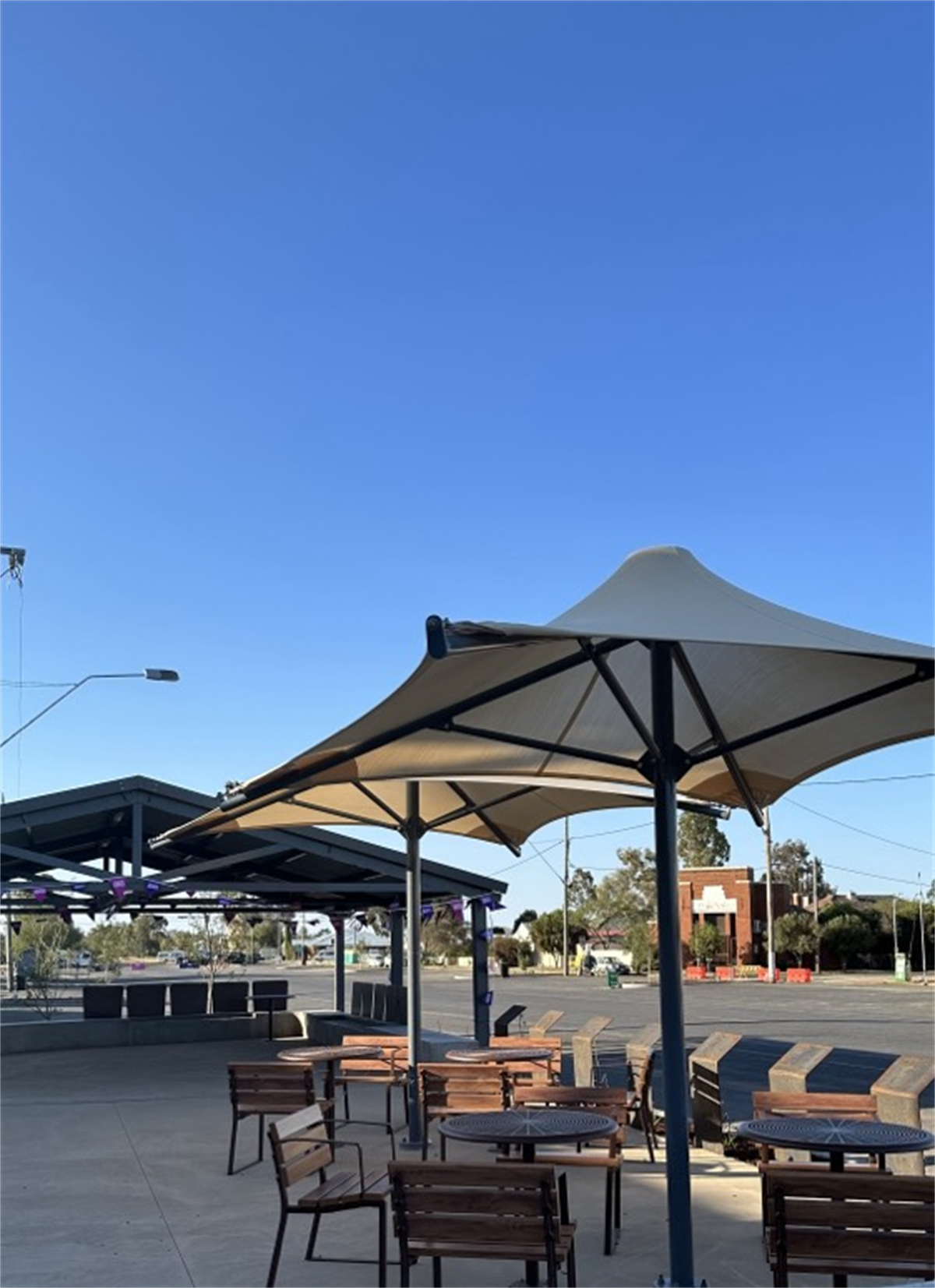
Robert Van der Heiden
Robert’s eye donation will give CERA researchers a unique opportunity to advance the study of Leber’s Hereditary Optic Neuropathy (LHON).
For much of his adult life, Robert Van der Heiden lived with the devastating impact of Leber’s Hereditary Optic Neuropathy (LHON), a mitochondrial genetic disease that causes blindness.
When Robert died earlier this year from an unrelated illness, his family wanted to donate his eyes to support research and create a legacy. Robert’s consultant ophthalmologist Professor David Mackey linked the family with CERA, where orthoptist Lisa Kearns helped make this wish come true.
The donation to the Mitochondria and Neurodegeneration Group at CERA will provide researchers there and at partner Duke University, Singapore, with an extremely rare and valuable opportunity to study the eye tissue of a patient with the disease.
A rare opportunity for eye research
Currently, there is only one scientific study from Italy that has published research using an eye donated from someone who had LHON.
CERA Research Fellow Dr Isabel Lopez Sanchez says the donation will be critical in helping scientists understand why some people with LHON lose their vision while others do not.
“We are extremely grateful to Robert and his family for the crucial contribution they have made to LHON research and we hope that our work will help other patients and prevent blindness in the future,” she says.
“A better understanding of why some people with LHON mutations go blind could not only help this disease but also other much more common eye diseases such as glaucoma, which affects more than 60 million people worldwide.”
LHON is caused by mutations in mitochondrial DNA, which is passed on through the maternal line. It affects about 1 in 50,000 people, although not all people with the mutation lose their sight. Sixty families in Australia are known to be carrying the mutation.
At Robert’s funeral, his sister Marg Wade urged families to have open conversations about organ donation for scientific research.
“Age is no barrier for this and Rob’s contribution will assist others in Australia and all over the world for generations to come,” she said. “Without him realising, Rob’s world just got enormously bigger.”
Learn more about becoming an eye donor.
If you wish to become an eye donor after your death, record your decision on the Australian Organ Donor Register.






